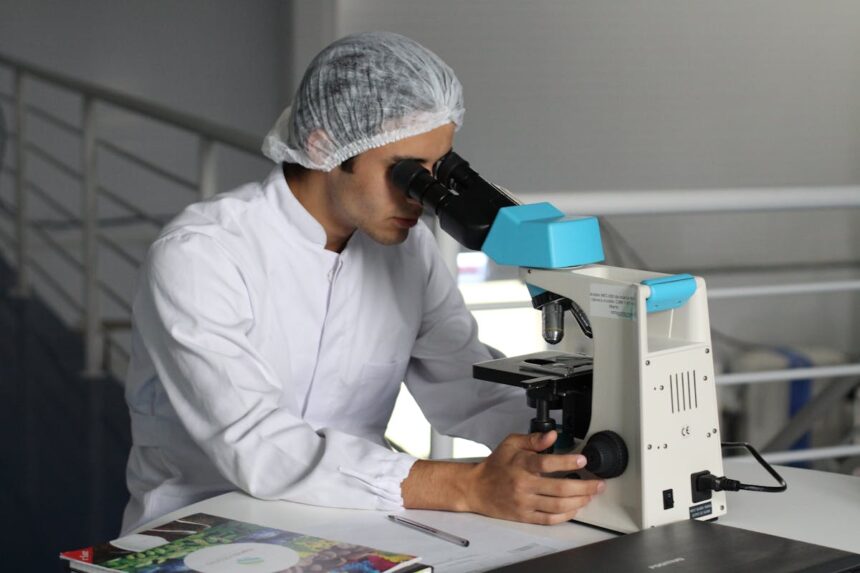The landscape of healthcare is undergoing a significant transformation, driven by rapid advancements in medical technology (MedTech). These innovations are not only enhancing patient care but also streamlining healthcare operations, reducing costs, and improving overall health outcomes. This article delves into the latest MedTech developments and their profound impact on the healthcare industry.
The Rise of Wearable Health Devices
Personalized Health Monitoring
Wearable health devices, such as smartwatches and fitness trackers, have revolutionized personal health monitoring. These devices track vital signs like heart rate, sleep patterns, and physical activity in real-time, providing users with actionable insights into their health. Advanced wearables can even detect irregularities, such as atrial fibrillation, prompting users to seek medical advice promptly.
Remote Patient Monitoring
The integration of wearable devices with telehealth platforms enables continuous remote patient monitoring. This is particularly beneficial for chronic disease management, allowing healthcare providers to track patients’ conditions in real-time and adjust treatment plans as needed. This continuous monitoring helps prevent complications, reduce hospital readmissions, and improve patient outcomes.
Artificial Intelligence in Diagnostics
Enhanced Diagnostic Accuracy
Artificial Intelligence (AI) is playing a pivotal role in enhancing diagnostic accuracy. AI algorithms analyze vast amounts of medical data, including imaging scans, pathology reports, and patient records, to identify patterns and anomalies that may be overlooked by human clinicians. For example, AI-powered imaging systems can detect early signs of diseases like cancer, enabling timely intervention and better prognosis.
Predictive Analytics
AI also excels in predictive analytics, forecasting disease progression and patient outcomes based on historical data. This predictive capability allows for proactive healthcare, where interventions can be planned in advance, tailored to the individual needs of patients, and executed at the most opportune times.
Robotics in Surgery

Precision and Minimally Invasive Procedures
Robotic-assisted surgery is transforming surgical procedures by enhancing precision and reducing invasiveness. Surgical robots, controlled by skilled surgeons, can perform complex operations with tiny incisions, leading to shorter recovery times, reduced pain, and lower risk of infection. These robots are equipped with high-definition 3D vision and superior dexterity, allowing for meticulous surgical techniques that were previously unattainable.
Expansion of Surgical Capabilities
The application of robotics in surgery is expanding across various specialties, including orthopedics, cardiology, and neurology. As robotic systems become more advanced, they are enabling surgeries that were once considered high-risk or unfeasible, thereby broadening the scope of surgical interventions available to patients.
Telemedicine and Digital Health Platforms
Improving Accessibility and Convenience
Telemedicine has seen exponential growth, especially in the wake of the COVID-19 pandemic. Digital health platforms facilitate virtual consultations, making healthcare more accessible and convenient. Patients can receive medical advice, prescriptions, and follow-up care without leaving their homes, reducing the burden on healthcare facilities and minimizing the risk of infectious disease transmission.
Integration with Electronic Health Records (EHR)
Telemedicine platforms are increasingly integrating with Electronic Health Records (EHR), ensuring seamless information flow between patients and healthcare providers. This integration enhances care coordination, reduces administrative tasks, and improves the accuracy of medical records, leading to more efficient and effective healthcare delivery.
Also Read :- Biodiversity Hotspots: Unraveling the Richness of Life in Earth’s Most Ecologically Diverse Regions
The MedTech revolution is undeniably transforming the healthcare landscape. From wearable health devices and AI-driven diagnostics to robotic surgery and telemedicine, these innovations are enhancing patient care, improving outcomes, and making healthcare more efficient. As technology continues to advance, the future of healthcare promises to be more personalized, accessible, and effective, ushering in a new era of medical excellence.
Also Read :- Apple’s iPhone Revolution Takes a Green Turn with Sustainable Materials






